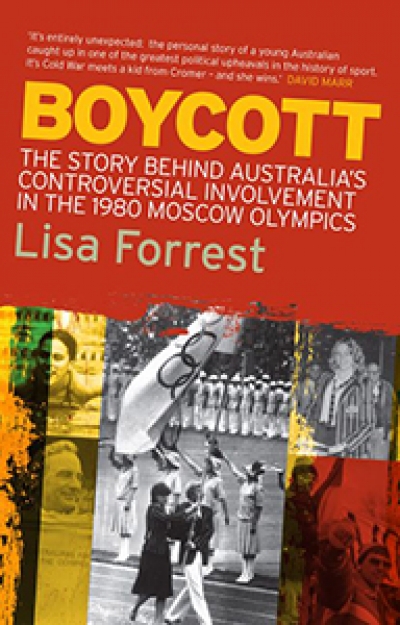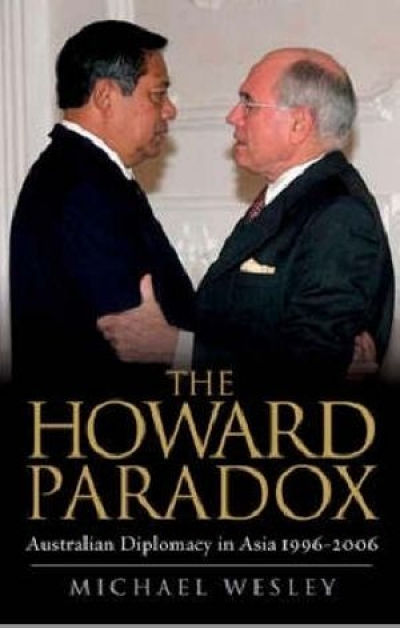ABC Books
Ten Little Fingers and Ten Little Toes by Mem Fox, illustrated by Helen Oxenbury & Enigma by Graeme Base
Ching Chong China Girl: From fruit shop to foreign correspondent by Helene Chung
by Joan Grant •
Boycott: The story behind Australia’s controversial involvement in the 1980 Moscow Olympics by Lisa Forrest
by Brian Stoddart •
Maralinga: Australia’s nuclear waste cover-up by Alan Parkinson
by Wayne Reynolds •
The Howard Paradox: Australian diplomacy in Asia 1996–2006 by Michael Wesley
by Allan Gyngell •
UTS Writers’ Anthology: Making Tracks edited by Melissa Bruce et al.
by Rebecca Starford •
Timing Is Everything: A life backstage at the opera by Moffatt Oxenbould
by John Slavin •
Heart Cancer by Bill Leak & Moments Of Truth by Bill Leaks
by Iain Topliss •









